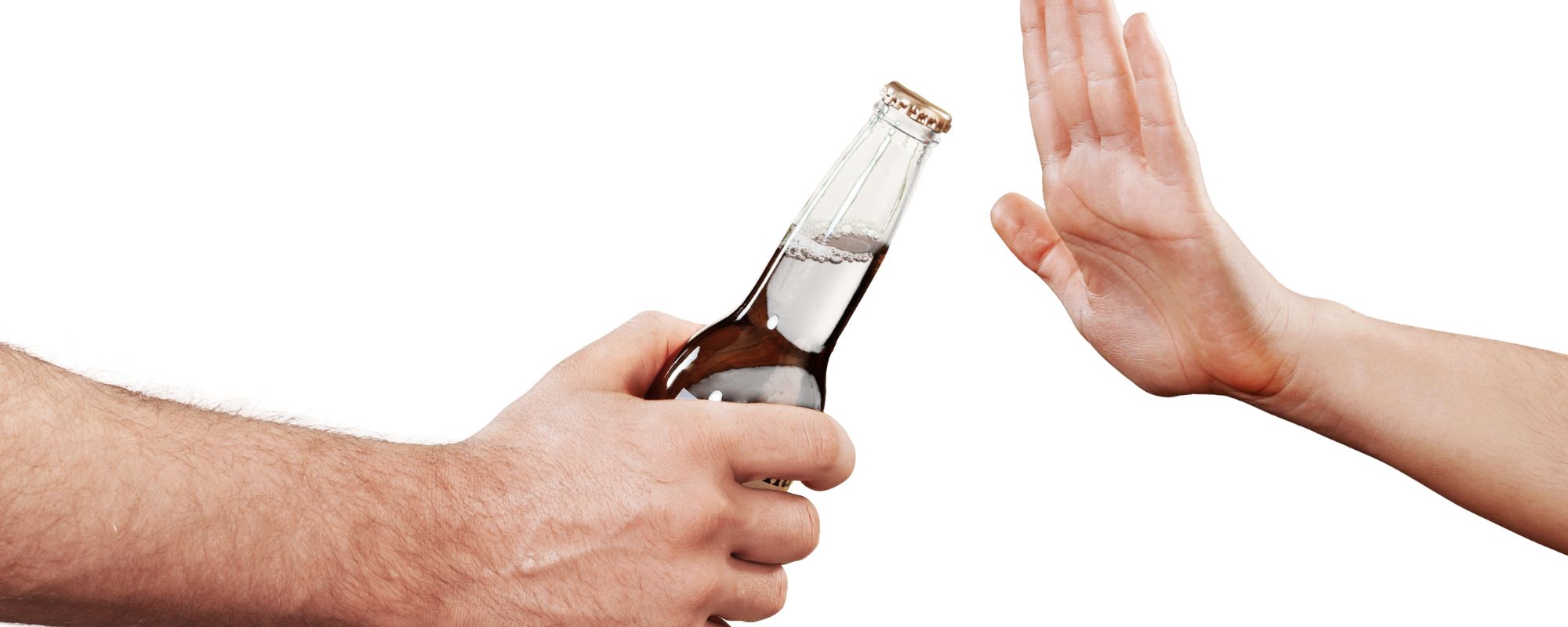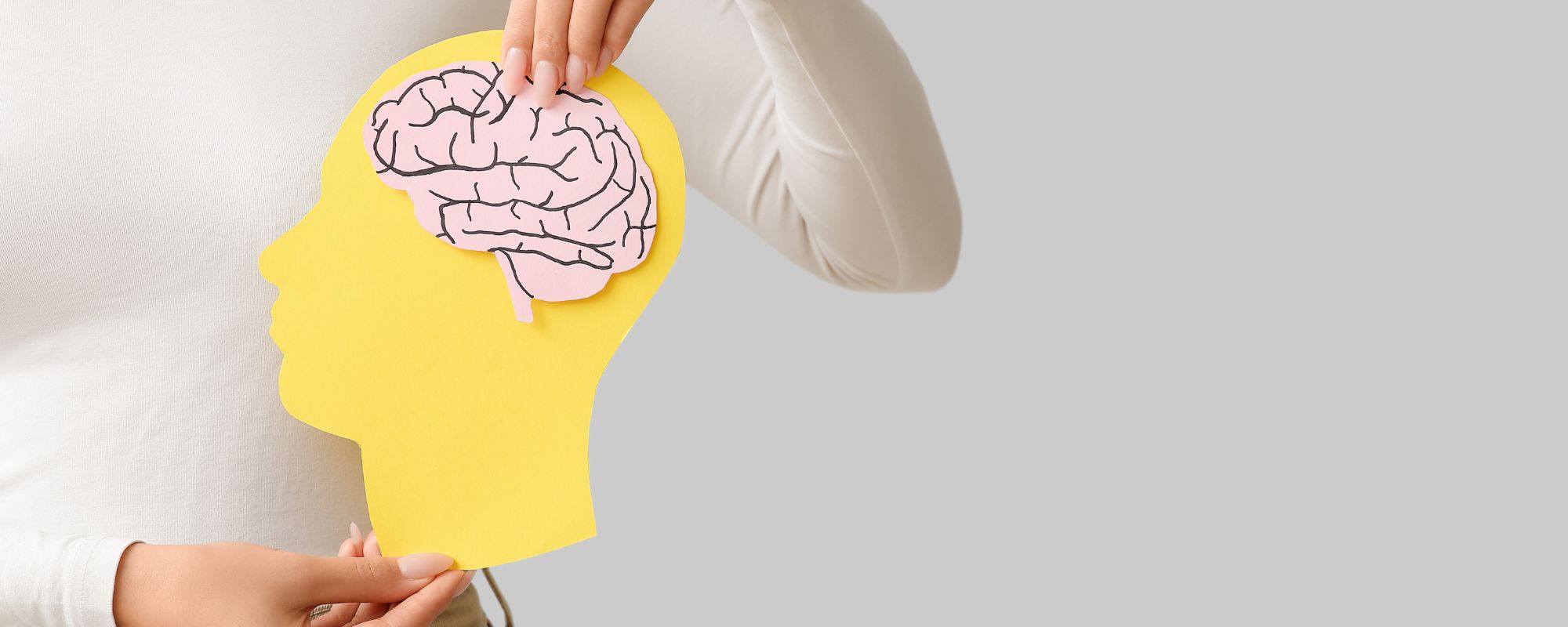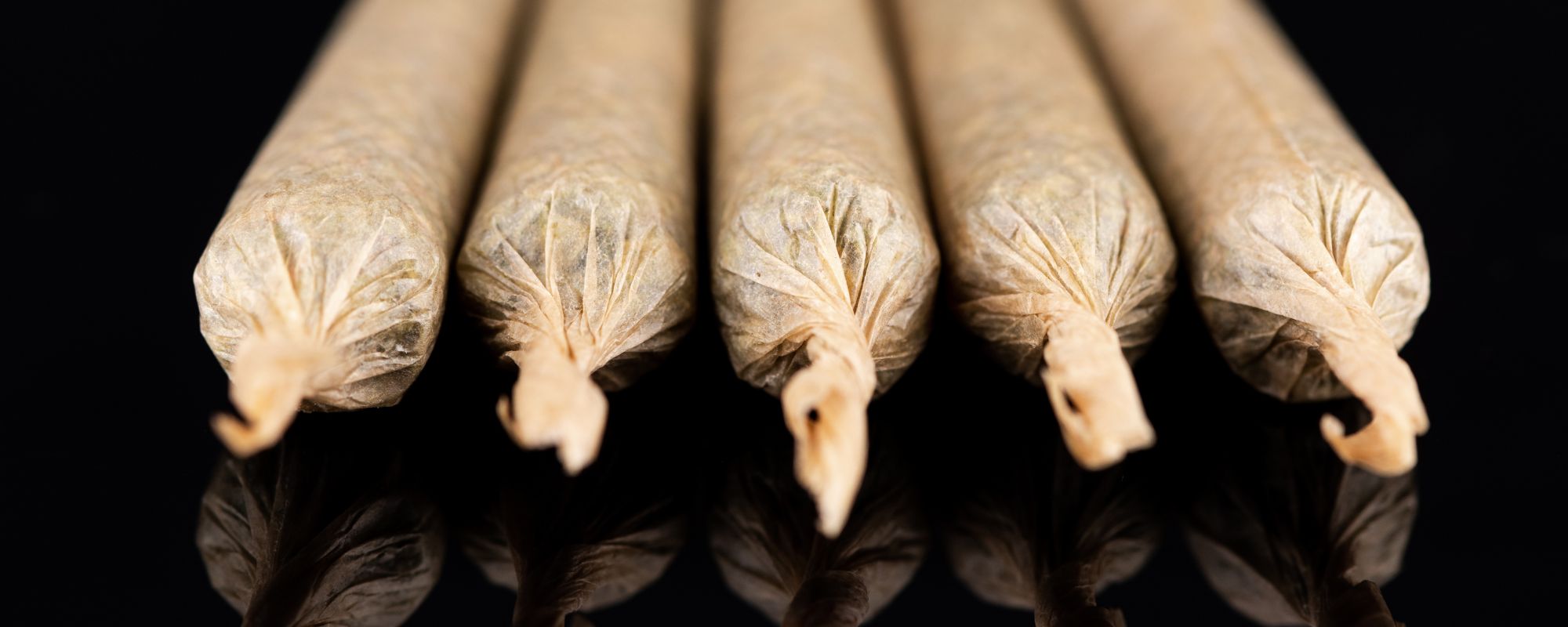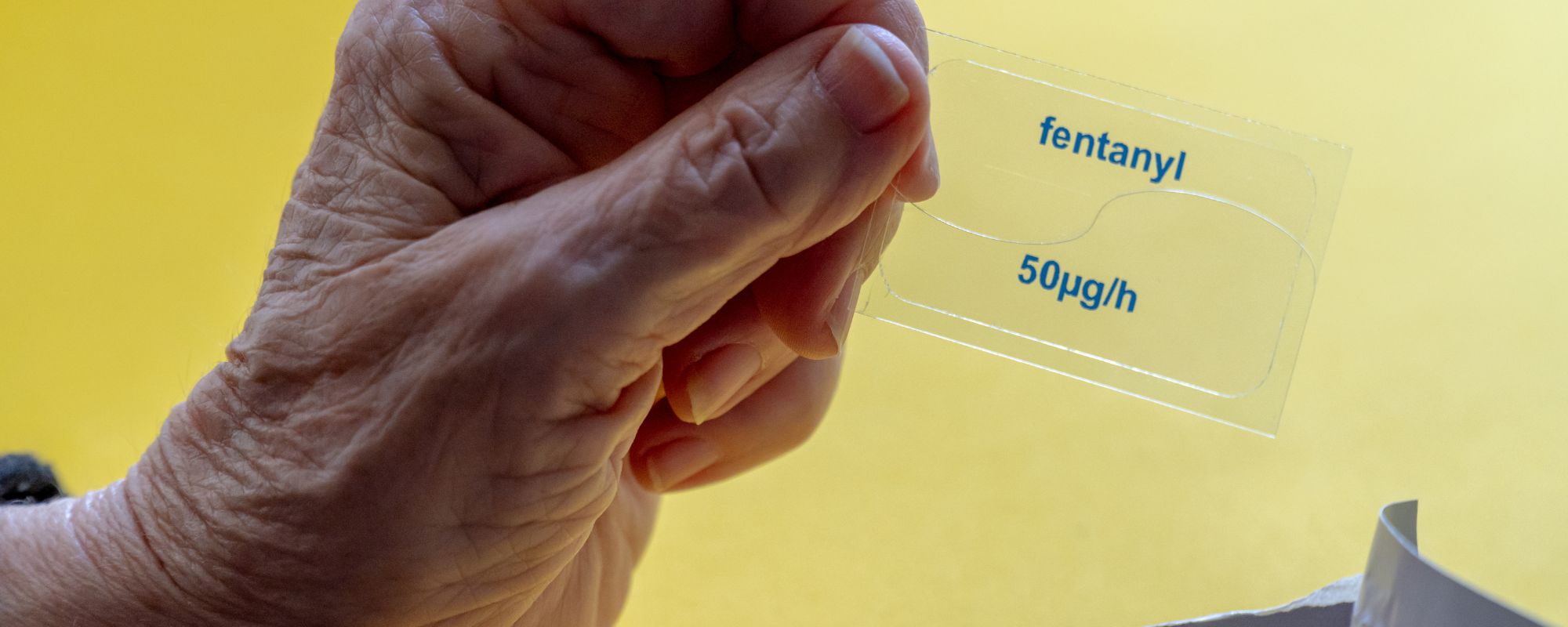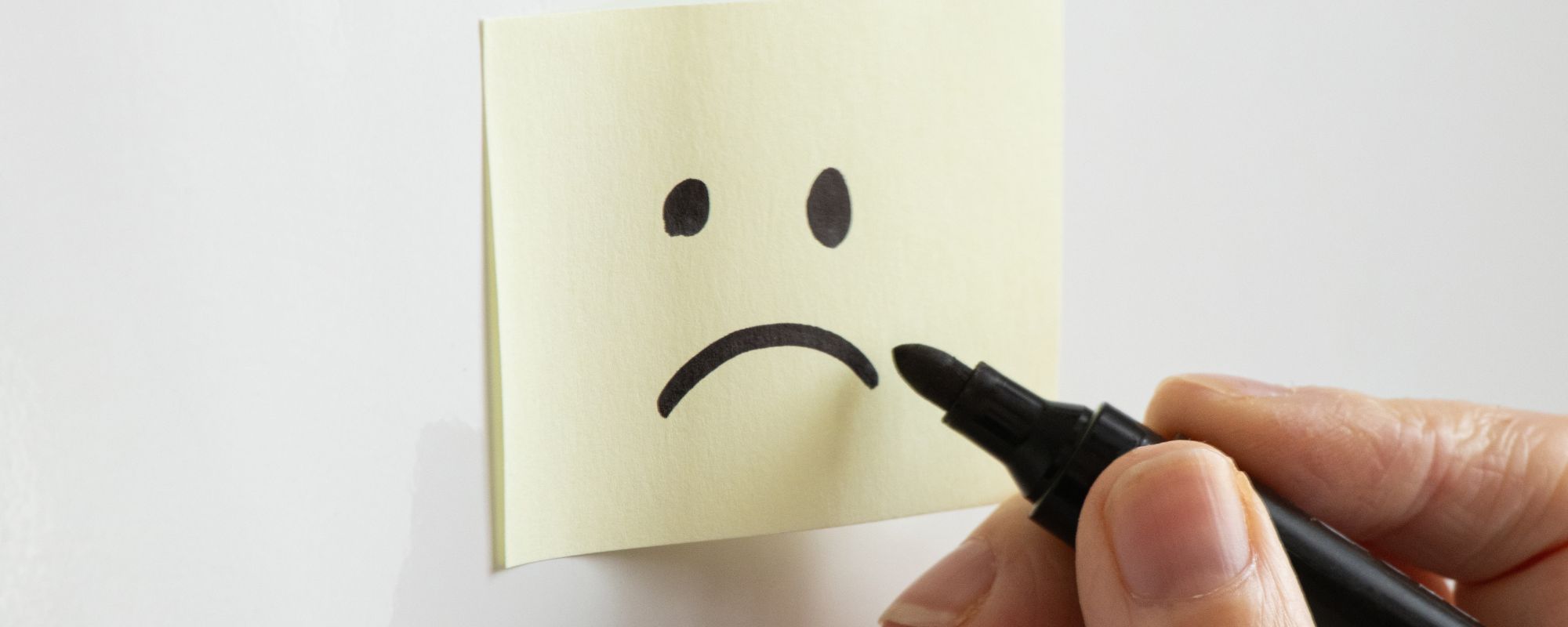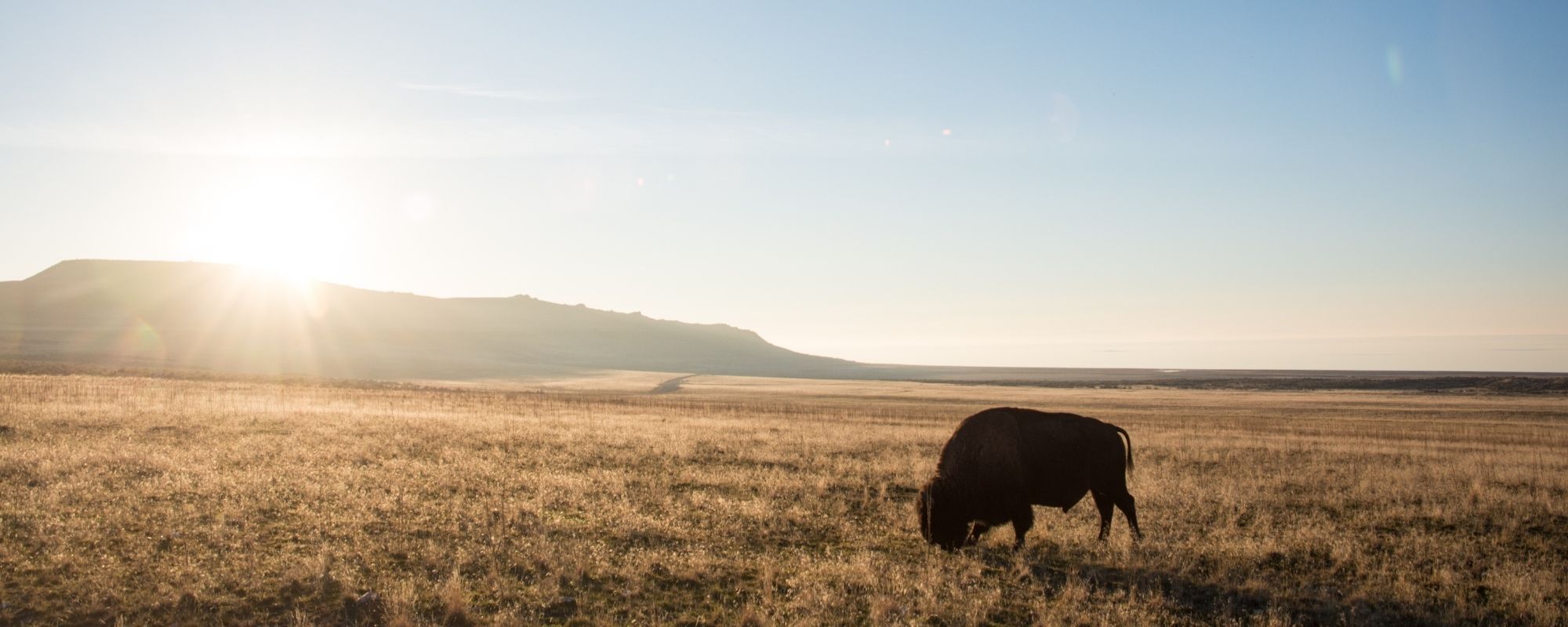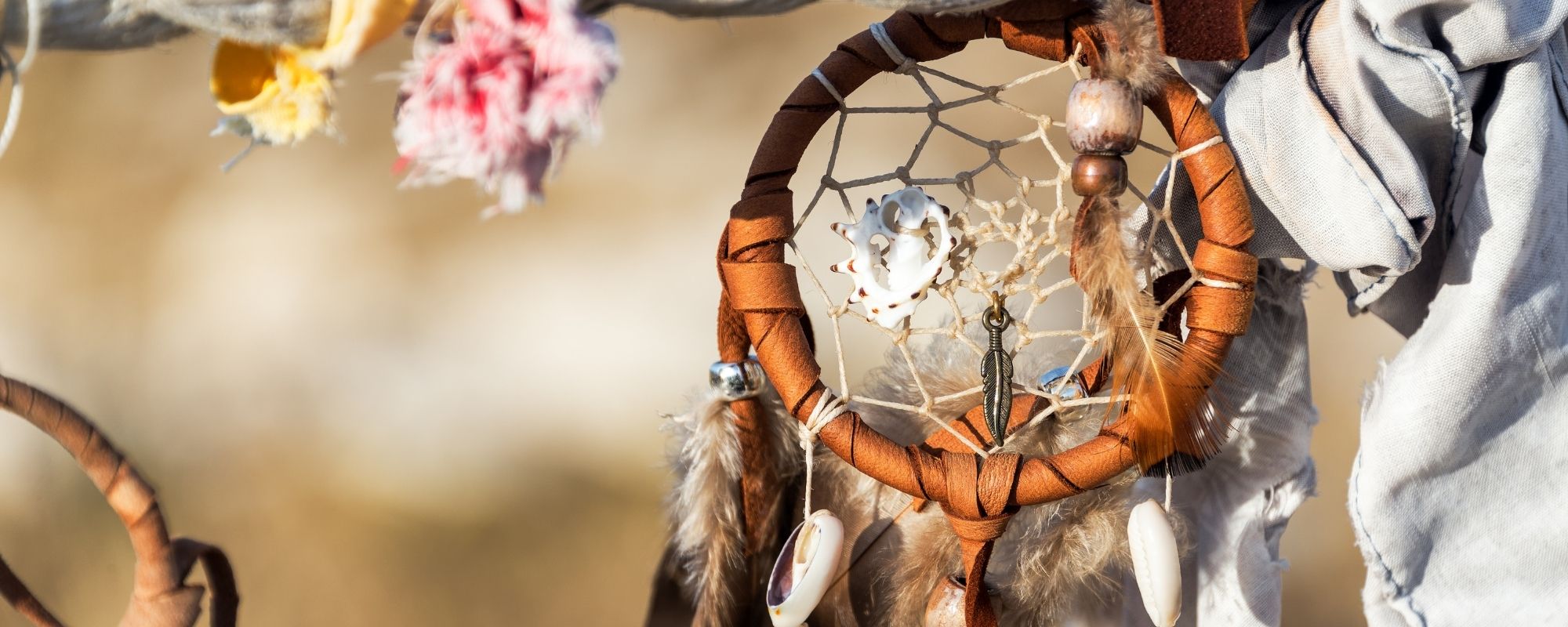Key Takeaways:
Native American communities face disproportionately high rates of alcohol use disorders, making culturally sensitive intervention essential.
Effective programs for “Native American alcohol treatment” combine evidence‑based clinical methods with Indigenous healing practices and cultural identity work.
Barriers to care—such as lack of culturally‑appropriate services, geographic isolation, insurance gaps, and historical trauma—must be addressed in any successful treatment plan.
Sustainable recovery often involves community and tribal support, integration of spiritual/cultural practices, and aftercare that honors Native American resilience and traditions.
Understanding Native American Alcohol Treatment
At Native American Program (NAP) we recognize that treatment for alcohol use among Native American individuals isn’t a one‑size‑fits‑all model—it requires sensitivity to culture, community, and history. This page is designed for those exploring pathways to recovery and seeking a program grounded in culturally competent care tailored for Indigenous people and their allies.
Why Focus on Native American Alcohol Treatment?
Members of American Indian and Alaska Native (AI/AN) communities face some of the highest rates of alcohol and substance‑use disorders in the U.S. — in part due to social determinants, historical trauma, and limited access to culturally appropriate care. For example:
- Many Indigenous individuals encounter treatment barriers including transportation, lack of nearby tribal programs, insurance issues, and cultural mismatches in care.
Cultural identity, spiritual connection, and community engagement play a foundational role in recovery for Native populations.
When developing a dedicated offering for “Native American alcohol treatment,” it’s critical to integrate clinical best practices with culturally affirming frameworks—this is what NAP seeks to deliver.
What Does Culturally Competent Alcohol Treatment Look Like?
Here are key components of an effective Indigenous‑focused alcohol treatment model:
Combined Approach: Evidence + Tradition
While evidence‑based practices (CBT, motivational interviewing, relapse prevention) are vital, equally important are Indigenous healing traditions—such as talking circles, sweat lodge ceremonies, smudging, drumming—and cultural strengthening of identity. Integrated models produce better engagement and outcomes.Addressing Historical & Intergenerational Trauma
Understanding how forced relocations, boarding schools, systemic discrimination and loss of cultural continuity influence alcohol misuse is essential. Treatment settings must account for these layers of trauma and resilience through trauma therapy options.Welcoming Native and Non‑Native Participants with Respect
While designed for Indigenous individuals, a culturally competent program is welcoming and inclusive of non‑Native allies who value and respect Indigenous healing traditions. NAP offers that kind of environment.Community and Family Involvement
Recovery isn’t just individual—it’s relational. In many Native cultures, family, extended kin, tribal community and ancestral connection matter deeply. Programs should weave in family healing, community support and opportunities to restore relationships.Aftercare and Continuity of Support
Sustaining sobriety means ongoing support: alumni groups, sober‑living options, tribal peer networks, cultural gatherings—and opportunities to continue reconnecting with heritage and purpose. Many Indigenous‑certified programs set this expectation.
Looking For Substance Abuse or Mental Health Help?
Get confidential help from our addiction and mental health treatment facilities located across the United States. Call to join one of our quality programs today!
Speak With Our Admissions TeamHow the Native American Program (NAP) Serves You
At NAP we tailor our Native American alcohol treatment offerings with these key features:
Individual & Group Counseling: Led by clinicians trained in substance‑use disorders and culturally competent care, including Native facilitators.
Traditional Healing Activities: These may include talking circles, smudging, drumming, ancestral storytelling, and culturally grounded rituals—designed to restore identity, purpose and community connection.
Dual‑Diagnosis Capable: Recognizing that alcohol use often co‑occurs with trauma, depression, anxiety or other mental‑health struggles, we provide an integrated approach.
Family & Community Engagement: Family therapy options, community circles and involvement of tribal supports help rebuild relational ties.
Aftercare Planning & Support Network: Before discharge, each client receives a personalized continuum‑of‑care plan, including referrals to tribal or Indigenous community supports, outpatient treatment, sober living homes and alumni networks.
Insurance Navigation & Access Support: We work with tribal health services, Medicaid/Medicare, private insurance and sliding‑scale options to reduce access barriers.
Finding the Right Fit: Questions to Ask
When evaluating a program for Native American alcohol treatment, consider asking:
Does the program include trained Native clinical staff or cultural mentors?
Are traditional healing practices incorporated in a meaningful—not token—way?
How does the program address historical trauma, cultural loss and identity restoration?
What is the aftercare plan and how does the program connect clients with tribal/community networks or sober living options?
Is the facility licensed and accredited and aware of Native‑specific access issues (remote location, transportation, tribal funding)?
What is the community/family involvement model—does it engage families and their unique dynamics?
Verify Your Insurance
Looking for quality treatment for substance abuse and mental health that’s also affordable? Aliya's Native American Programs accept most major insurance providers. Get a free insurance benefits check now!
Check Your CoverageClosing Thoughts
Recovery from alcohol use is both a personal journey and a communal one—especially within Native American contexts. Programs like NAP embrace not only sobriety but wholeness: honoring identity, restoring relationships, and fostering purpose. For Indigenous individuals and their families seeking a pathway forward, culturally‑rooted treatment offers a bridge between clinical excellence and ancestral strength.
If you or a loved one are looking for Native American‑focused alcohol treatment solutions, we welcome you to contact NAP for a confidential assessment and help identifying the path that resonates with your culture, community and recovery goals.
Reclaim your strength, your purpose, and your connection to culture. Healing begins when you choose to walk the path toward recovery.
Take the First Step Toward Recovery Today
Alcohol abuse among Native American populations is a serious concern, with patterns of alcohol use influenced by genetic predisposition, social and cultural factors, and historical context. Binge drinking, alcohol dependence, and the prevalence of alcohol-related health consequences—like liver disease—affect many individuals across Native communities and American Indian populations.
If you or a loved one struggles with alcohol consumption, substance use disorders, or co-occurring abuse and mental health issues, help is available. Our treatment center offers comprehensive addiction treatment programs tailored to the Native American population, including partial hospitalization, behavioral therapy, culturally-informed prevention programs, and support that honors the traditions of native American tribes.
Recovery isn’t just about stopping alcohol beverages—it’s about understanding the contributing factors, addressing socioeconomic and cultural influences, and gaining tools to prevent relapse. With personalized treatment programs, alcohol education, and connections to supportive networks like Alcoholics Anonymous, our team helps Native communities reclaim health and well-being.
Don’t let alcohol continue to control your life. Contact us today to start your journey to sobriety and access treatment programs that respect your heritage, support your mental and behavioral health, and provide the tools for lasting recovery.
- Beauvais, F. (1998). American Indians and Alcohol. https://pmc.ncbi.nlm.nih.gov/articles/PMC6761887/

David Szarka, MA, LCADC Medical Reviewer
David Szarka, MA, LCADC, reviews and approves our blog content. With extensive experience providing clinical care for individuals recovering from addiction and mental health challenges, David ensures our content is accurate, insightful, and rooted in culturally competent care.
- What Does Laced Weed Look Like? - January 23, 2026
- Understanding the Fentanyl Fold: Warning Signs and Treatment Options - January 20, 2026
- Delayed Emotional Response: What It Is, Why It Happens, and How to Heal - January 19, 2026
